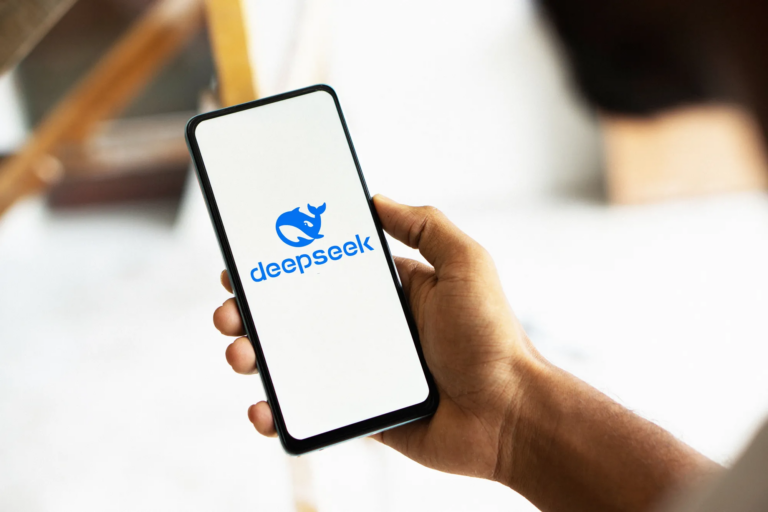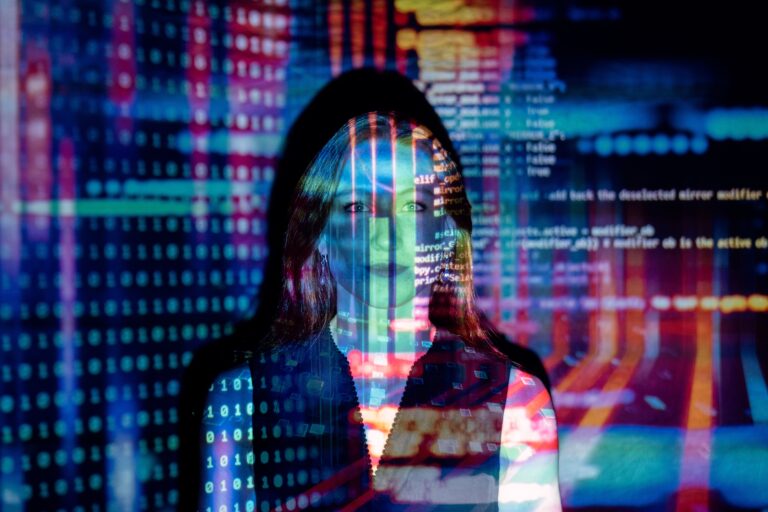As ChatGPT’s Popularity Explodes, U.S. Lawmakers Take An Interest | The Colorful Dreams

As the popularity of ChatGPT, the advanced language model developed by OpenAI, continues to skyrocket, U.S. lawmakers have started to take notice. With its ability to generate human-like text, ChatGPT has been widely adopted by businesses, government agencies. And even individuals for a variety of applications. However. With this widespread usage comes increased scrutiny and concern over the ethical implications of using. An artificial intelligence system that can so convincingly mimic human speech.
In recent months, several U.S. lawmakers have proposed legislation aimed at regulating the use of ChatGPT and similar AI systems. These proposals range from setting strict standards for the transparency. And accountability of AI systems, to prohibiting their use in certain areas such as financial services or political campaigns.
One of the primary concerns driving this legislative push is the potential for ChatGPT and similar systems to be used to spread misinformation or propaganda. Given the sophisticated and realistic nature of ChatGPT’s output, it is possible for it to be used to create fake news articles. Social media posts, and other forms of content that could be used to manipulate public opinion or sow confusion.
Additionally, there are concerns about the potential for ChatGPT and similar systems to be used to perpetuate hate speech or discriminatory content. With AI systems like ChatGPT able to generate text on any topic. There is a risk that they could be used to spread harmful ideologies or target specific groups with hateful messages.
To address these concerns, some lawmakers are advocating for the development of an AI regulatory framework that would establish guidelines for the ethical use of ChatGPT. And similar systems. This framework would likely include provisions for transparency and accountability. As well as mechanisms for mitigating the potential for harm caused by these systems.
Despite the growing push for regulation, there are also many in the tech industry who argue against such measures. They argue that AI systems like ChatGPT have tremendous potential to improve our lives and should not be overly restricted by government regulations. Furthermore, some argue that the technology is still evolving and that the best approach is to allow for innovation to continue unfettered. While closely monitoring the potential risks and adjusting regulations as necessary.
As the debate over the regulation of ChatGPT continues, it is clear that this technology will play an increasingly important role in our society. As such, it is vital that we approach this issue thoughtfully and carefully, taking into account both the potential benefits and the potential risks associated with this powerful AI system. Whether through regulation or other means, it will be important to ensure that the use of ChatGPT is aligned with our values and that it does not harm individuals, society, or the world at large.
Conclusion
ChatGPT, the advanced language model developed by OpenAI, has had a profound impact on the world of artificial intelligence and technology. Its ability to generate human-like text with unprecedented accuracy has made it an indispensable tool for businesses, government agencies, and individuals alike. However, as the popularity of ChatGPT continues to grow, so too does the concern over its potential for misuse. The ethical implications of using an AI system that can so convincingly mimic human speech are complex and far-reaching. Therefore, it is important for society to approach this issue with caution and to establish guidelines for its use that balance the potential benefits with the potential risks. Ultimately, the future of ChatGPT and similar AI systems will be shaped by the choices we make today. By ensuring that they are developed and used in responsible and ethical ways, we can ensure that they bring positive change to the world, rather than causing harm.





